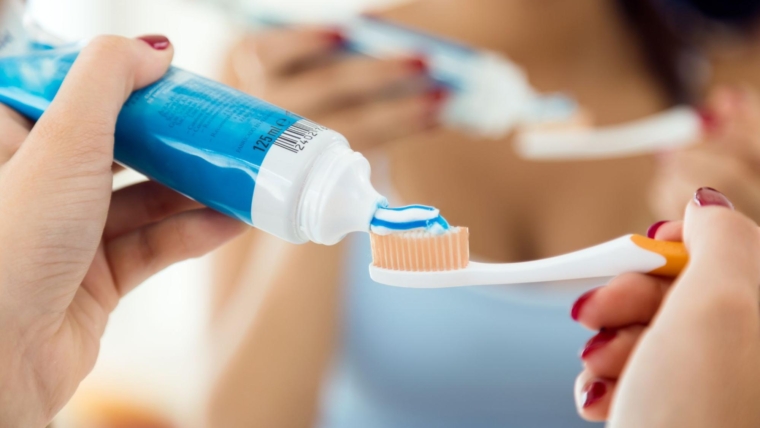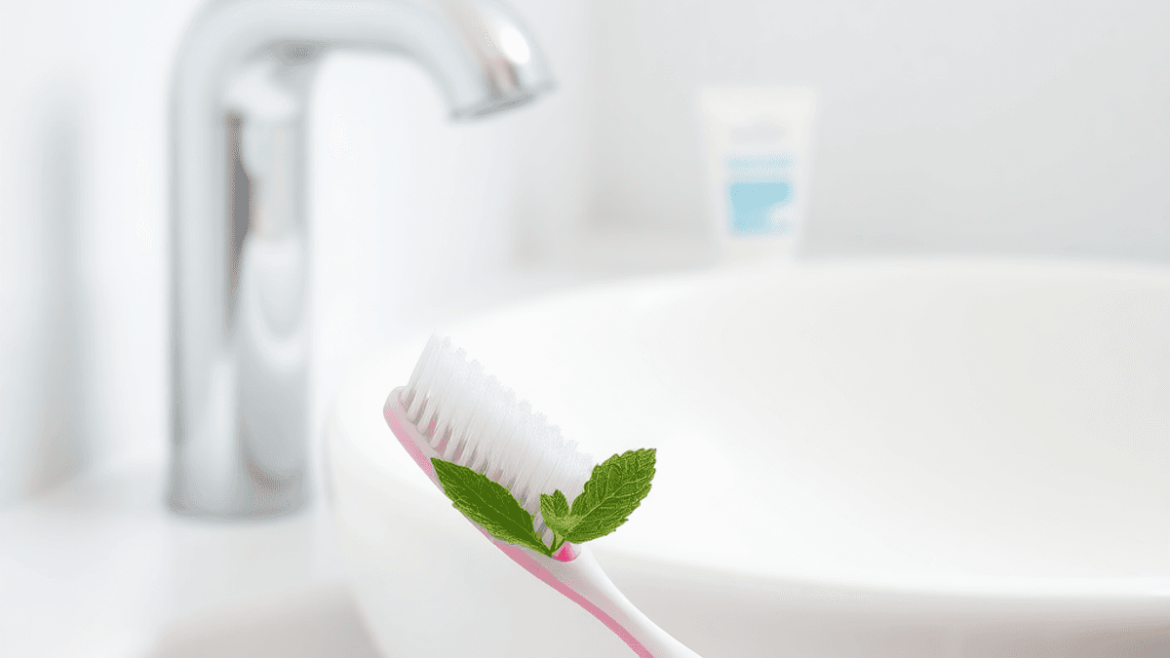Most people assume they’ve mastered the basics of brushing, yet at Manor House Dental we see the same mistakes repeatedly. Brushing isn’t just about how often you do it—technique, timing and tools all play a crucial role in preventing decay, protecting gums and avoiding costly treatments later on. This guide highlights the most common brushing errors our patients make and explains how to correct them for a healthier smile.
Brushing Too Hard
Many believe that scrubbing harder equals cleaner teeth. In reality, excessive force wears down enamel, causes gum recession and increases sensitivity. The correct approach is gentle, with a soft-bristled brush held at a 45° angle. Use small circular motions and let the bristles do the work. A good trick: hold your brush with just three fingers to reduce pressure naturally.
Brushing Immediately After Eating
After acidic foods like citrus, fizzy drinks or tomato sauces, enamel softens temporarily. Brushing straight away risks scrubbing it off. Instead, wait 30–60 minutes to allow saliva to neutralise acids and re-harden enamel. If you need freshness sooner, rinse with water or chew sugar-free gum to boost saliva production.
Neglecting the Gum Line
Plaque builds easily at the gum line, yet many people skip this crucial area. Place your toothbrush at a 45° angle against the gums and clean in gentle circles, covering 2–3 teeth at a time. Warning signs of gum disease include bleeding, swelling or bad breath. If gums bleed during brushing, don’t ignore it—it’s usually an early sign of gingivitis.
Forgetting to Floss
Your toothbrush can’t reach about a third of your tooth surfaces. Without flossing, bacteria thrive between teeth, leading to decay and gum disease. Daily flossing removes trapped food and plaque before it hardens into tartar. If flossing feels tricky, ask our dentists to demonstrate the right technique for your teeth. Floss picks or interdental brushes can also make the process easier.
Skipping Tongue Cleaning
The tongue harbours millions of bacteria that contribute to bad breath and oral health problems. A quick daily clean with a scraper or toothbrush helps remove debris and bacteria, reducing odour and improving taste. Start at the back, work forward gently and rinse between strokes. It only takes 30 seconds but makes a significant difference.
Poor Toothbrush Care

A frayed or worn toothbrush is far less effective. Replace yours every 3–4 months or sooner if bristles splay. Store brushes upright in a ventilated place and never share them. Avoid closed containers, which trap moisture and encourage bacterial growth.
Using the Wrong Brush
Hard-bristled brushes can erode enamel and damage gums. For most patients, soft-bristled brushes are best—they clean thoroughly without harming teeth. Choose a brush with a head size that reaches back teeth comfortably and consider electric options with timers and pressure sensors for added effectiveness.
Rushing the Process
Effective brushing takes at least two minutes. Many patients spend less than a minute, missing key areas like molars, wisdom teeth or the inner surfaces of front teeth. Divide your mouth into quadrants, spending 30 seconds on each. A built-in timer or even playing a short song can help ensure you brush for long enough.
Overusing Whitening Products
Many want a brighter smile, but overusing whitening toothpastes or strips can cause sensitivity, enamel thinning and gum irritation. Whitening toothpaste should only be used a few times a week, not daily. For safe and lasting results, professional whitening treatments at Manor House Dental are the best option, as they are tailored to your needs and supervised by a dentist.
Skipping Regular Check-Ups
Even perfect brushing can’t replace professional care. Dental check-ups every six months allow early detection of problems like cavities or gum disease. Professional cleaning removes stubborn tartar that daily brushing can’t shift. These visits are also the perfect time to refine your technique with advice specific to your teeth and gums.
Conclusion
Brushing mistakes are easy to make but just as easy to fix. Gentle technique, proper timing, flossing, tongue cleaning and routine dental visits all work together to protect your smile. At Manor House Dental, we’re here to guide you every step of the way—from teaching effective daily care to providing professional treatments that keep your teeth and gums healthy for life. Ready to take the next step?
FAQs
What are the most common brushing mistakes?
Brushing too hard, skipping the gum line, rushing the process and neglecting flossing or tongue cleaning.
Why should I wait to brush after eating?
Acidic foods soften enamel temporarily. Waiting 30–60 minutes allows saliva to protect your teeth before brushing.
How important is flossing?
Essential. Flossing removes plaque and food between teeth where brushes can’t reach, helping prevent decay and gum disease.
How often should I change my toothbrush?
Every 3–4 months or sooner if the bristles are frayed.
Why are dental check-ups necessary if I brush well?
Dentists can spot problems early, clean areas you can’t reach and help prevent costly treatments later.


